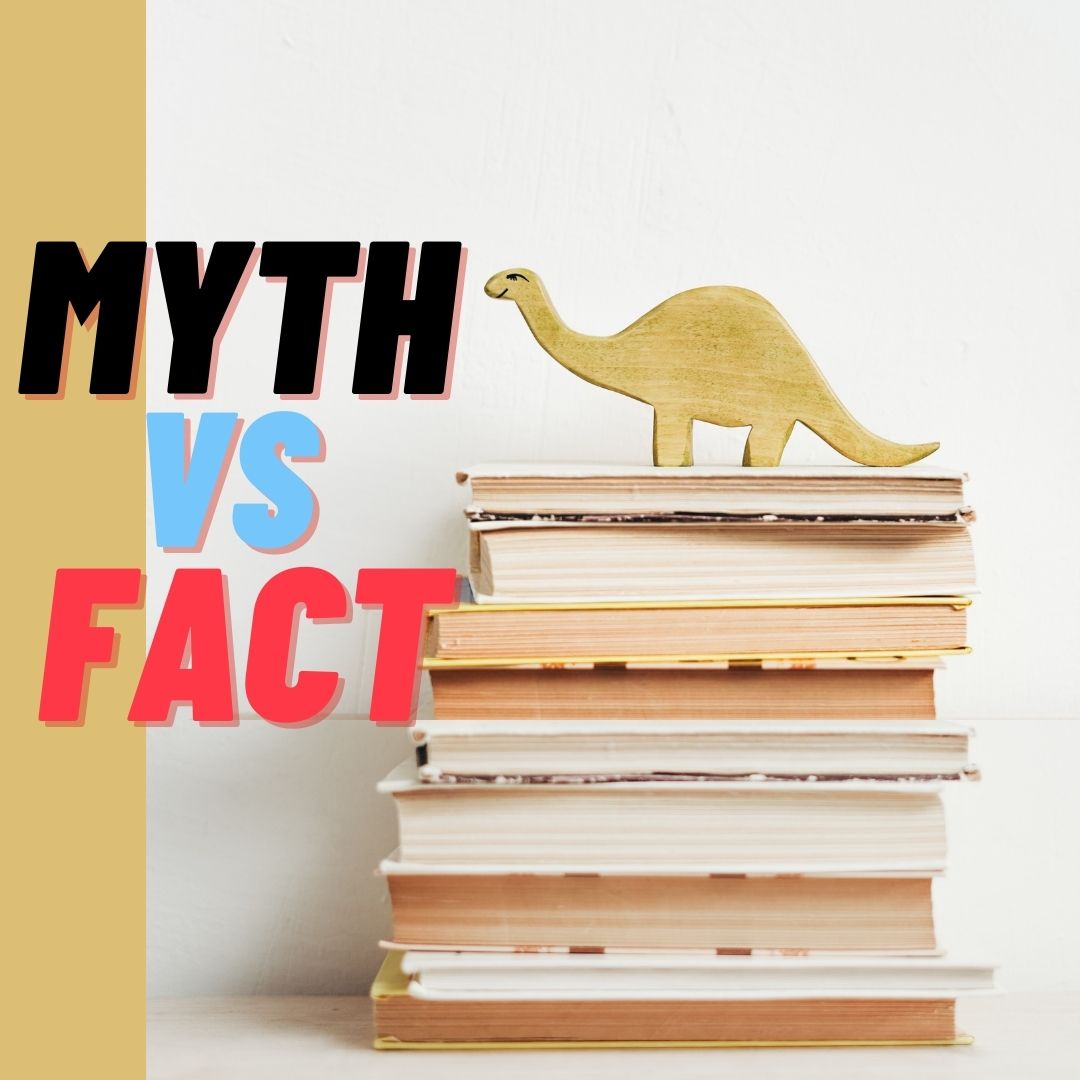
Key things to consider when you refinance
With interest rates at record lows, it may be a good time to think about refinancing your mortgage. There are several advantages to refinancing including the potential for lower repayments, special refinancing offers and additional loan features such as an offset account which you don’t have with your current loan. While all these benefits are tempting, there are key things you need to consider when you’re thinking of refinancing your home loan. In this article, we outline what you need to consider.
Choosing when to refinance
There are times when refinancing can be particularly helpful. If you’re thinking of renovating your property, in need of more streamlined money management or looking for debt consolidation, refinancing your home loan can help. For big expenses such as home renovations or making a big purchase, you may opt to access some of the equity in your home when you refinance. Just make sure you understand how accessing this equity is going to impact your new loan first.
Beware of costs
Depending on your lender, refinancing can involve costs such as application fees for the new loan or discharge fees on your current loan. Further, if you have a fixed rate home loan, you may need to pay a break cost to refinance. These fees add up, especially if you regularly refinance to take advantage of lower interest rates. While these rates may be attractive, the fees to keep changing could render any of your savings redundant.
Lenders mortgage insurance (LMI)
You’ll need to pay lenders mortgage insurance (LMI) if you borrow more than 80 per cent of your property’s market value when you refinance. Even if you previously paid LMI on your current loan, you’ll still need to pay it on the new loan if your loan to value ratio is equal to or greater than 80 per cent.
Check your credit rating
If your credit rating isn’t strong, it may not be worth refinancing your home loan. The application to refinance will impact your credit score, so you’ll reduce your bargaining power for future loans if you get knocked back now. This is where it may be more suitable to stick with your current loan.
Refinancing is just as big of a decision as securing the initial home loan itself. In fact, you’re replacing your current home loan with a new one, so make sure you complete your due diligence and make an informed decision. It’s best to speak with a broker and your chosen advisory professionals to make sure refinancing is a fit for your financial situation.
Remember, this article does not constitute financial or legal advice. Please consult your professional financial and legal advisors before making any decisions for yourself.



